Martial Peak Reviews
Christi Caldwell's Sloth: The Fallen Earl is a captivating addition to the historical romance genre, a tale that intertwines themes of redemption, societal expectations, and the transformative power of love. Set against the backdrop of Regency England, Caldwell crafts a narrative that is both engaging and thought-provoking, inviting readers to explore the complexities of love and honor through the lives of her protagonists, Miss Cressida Alby and Benedict Adamson, the Earl of Wakefield.
The novel opens with a dramatic and somewhat unconventional premise: Miss Cressida Alby, a woman of no significant social standing, finds herself in a dire situation, being auctioned at The Devil’s Den. This setting immediately establishes the stakes and the desperation of Cressida’s circumstances. Caldwell uses this moment to introduce readers to a heroine who, despite her precarious position, possesses a quiet strength and resilience. Cressida's character is a testament to the enduring spirit of women who, throughout history, have navigated a world that often seeks to diminish their worth.
In contrast, Benedict Adamson, the Earl of Wakefield, is portrayed as a man of honor, burdened by the weight of familial duty and societal expectations. His character is a study in contrasts; he is both a product of his time and a man yearning for something more meaningful than the rigid structures of the aristocracy. Caldwell skillfully develops Benedict’s character, allowing readers to witness his internal struggle between adhering to societal norms and following his heart. This conflict is central to the novel, driving the narrative forward and adding depth to Benedict’s character arc.
The chemistry between Cressida and Benedict is palpable from their first encounter. Caldwell excels in crafting moments of genuine connection between her characters, allowing their relationship to evolve naturally. The initial rescue at The Devil’s Den sets the stage for a romance that is both tender and fraught with tension. As the story progresses, the reader is drawn into the push and pull of their relationship, rooting for their love to overcome the obstacles that stand in their way.
One of the novel’s strengths lies in its exploration of societal expectations and the constraints they impose on individuals. Caldwell deftly illustrates the rigid class structures of Regency England, highlighting the challenges faced by those who dare to defy convention. Through Cressida and Benedict’s story, the author raises important questions about the nature of honor and the sacrifices one must make in the pursuit of love. This theme resonates throughout the novel, adding layers of complexity to the characters’ motivations and decisions.
In terms of character development, Caldwell’s portrayal of Cressida is particularly noteworthy. Despite her initial portrayal as a “ruined lady,” Cressida emerges as a strong and independent woman who refuses to be defined by her circumstances. Her journey from a shadow in society to a woman who commands her own destiny is both inspiring and empowering. Similarly, Benedict’s transformation from a man bound by duty to one who embraces love and vulnerability is handled with nuance and sensitivity.
Comparatively, Sloth: The Fallen Earl shares thematic similarities with other works in the historical romance genre, such as Julia Quinn’s Bridgerton series and Lisa Kleypas’s Wallflowers series. Like Caldwell, these authors explore themes of love, honor, and societal expectations, often placing their characters in situations where they must choose between duty and desire. However, Caldwell’s novel stands out for its unique premise and the depth of its character development, offering readers a fresh perspective on familiar themes.
The novel’s pacing is well-executed, with Caldwell balancing moments of tension and introspection with scenes of romance and passion. The author’s attention to historical detail adds authenticity to the narrative, immersing readers in the world of Regency England. The dialogue is sharp and engaging, capturing the wit and charm of the period while also conveying the emotional depth of the characters’ interactions.
Overall, Sloth: The Fallen Earl is a compelling and emotionally resonant novel that will appeal to fans of historical romance and those who appreciate stories of love overcoming adversity. Christi Caldwell has crafted a tale that is both timeless and timely, reminding readers of the enduring power of love to transform lives and defy societal expectations. Through the journey of Cressida and Benedict, the novel offers a poignant exploration of the choices we make and the courage it takes to follow one’s heart.
In conclusion, Sloth: The Fallen Earl is a testament to Christi Caldwell’s skill as a storyteller, offering a rich and rewarding reading experience that lingers long after the final page is turned. It is a story that invites readers to reflect on their own lives and the ways in which love can inspire us to become the best versions of ourselves. For those seeking a romance that is both heartfelt and thought-provoking, this novel is not to be missed.
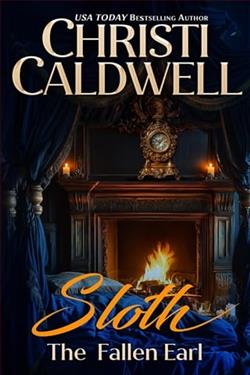



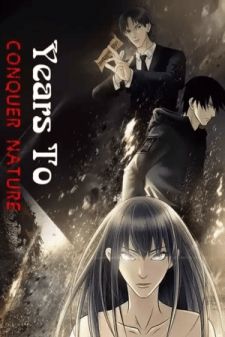
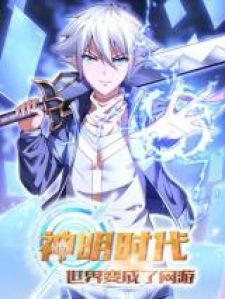

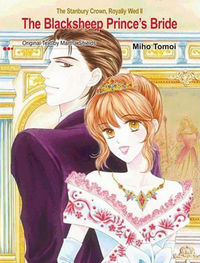




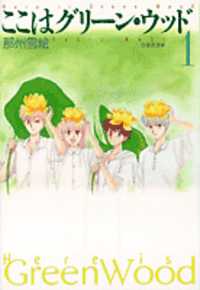











Reviews 0
Post a Reviews: